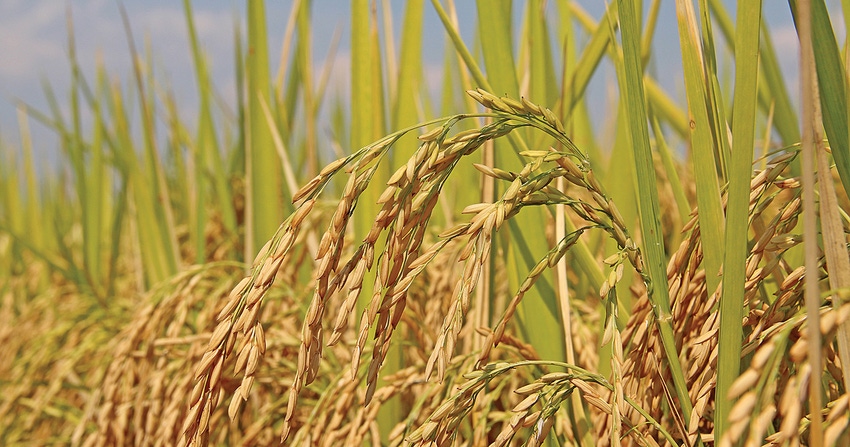December 22, 2021

Delegates from across the globe were scheduled to decend on Geneva, Switzerland early in December for the World Trade Organization’s (WTO) 12th Ministerial Conference (MC12). While the ministerial had been indefinitely postponed due to the recent outbreak of the Omicron variant of COVID-19, the pressing need to address a number of agricultural trade concerns has not abated.
Looming in the background of every discussion would have been the obscure issue of public stockholding, for which the Indian government had said it must have a permanent solution or it would have obstructed progress on virtually every issue under consideration at MC12. India’s concern is that the minimum support price (MSP) program it uses to buy its rice from domestic farmers for government stocks could be challenged via dispute settlement for running afoul of WTO rules.
India’s public stockholding system is set up to guarantee farmers the MSP if they sell to the government and distribute some stocks through domestic feeding programs. If farmers want to sell to a higher bidder, they can (within the rigid limits imposed by India’s grain marketing schemes), but many choose to sell rice and other commodities to the government at the MSP.
The predictable effect of this policy is that Indian rice producers have little incentive to cut back on rice production when prices are low (even more so because of generous input subsidies that encourage the production of input-intensive crops like rice).
Flooded rice market
India claims in its latest report to the WTO on its farm payments that this program is operated only to meet its domestic food security requirements, not to impede commercial trade or the food security of other countries. Yet, India has flooded the global rice market with over 10 million metric tons every year for the past decade while approaching 20 million metric tons this year.
India dwarfs its closest rivals – Thailand and Vietnam – with each expected to export just over 6 million metric tons this year.
In 2020, the U.S. rice and wheat industries asked us to estimate the effects of removing the MSP and input subsidies; the result for rice was a 6.3 million metric ton reduction in India’s exports or an 11 percent decline from status-quo global rice trade projections. Some of these exports would be replaced by increased exports from other rice exporters, including the United States and developing country exporters.
India also provides little transparency on its agricultural subsidies, which likely have profound effects on world trade and farmers’ livelihoods in other countries. India has managed to increase its exports while simultaneously increasing the MSP, but India has not suspended the laws of economics nor suppressed the natural human talent for arbitrage.
Subsidy notification
India’s WTO subsidy notification also declares that it does not export from stocks and requires buyers of stock to promise not to export purchased commodities. In other words, India asks us to believe that its rice exports are handled almost entirely by commercial actors and that these companies are willing to lose money every year on exports or that farmers are willing to sell to them well below the MSP to ensure their global competitiveness.
The situation is similar for Indian wheat subsidies. India does not dominate global wheat trade like it does rice, but it procures massive amounts under its MSP program and dumps several million tons on global markets every few years after a progressive increase in stocks. Once those reach a tipping point, exports take off.
Overall, India’s price support and input subsidy programs are significantly disruptive, distort global trade, and allow India to displace its competitors, especially farmers in developing and least developed countries where most rice production takes place.
Here in the United States, rice and wheat farmers alone are facing an estimated $1 billion per year in lost sales due to the trade-distorting domestic support policies currently being utilized by India. This situation likely would worsen if WTO members agreed to grant India and other agricultural exporters a permanent exemption from WTO disciplines for their support programs.
Instead of negotiating exemptions for these subsidies, governments should be looking to further discipline them, including through the use of WTO dispute settlement when countries like India violate their international commitments.
Bart L. Fischer and Joe L. Outlaw serve as co-directors of the Agricultural & Food Policy Center at Texas A&M University.
Source: Bart L. Fischer and Joe L. Outlaw, which are solely responsible for the information provided and is wholly owned by the source. Informa Business Media and all its subsidiaries are not responsible for any of the content contained in this information asset.
You May Also Like




